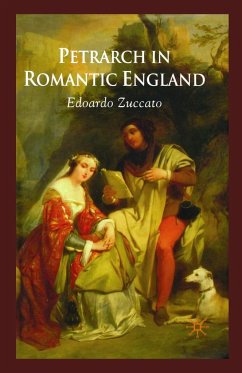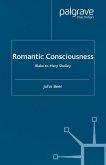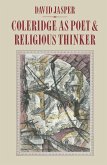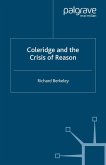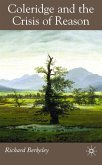The Petrarchan revival in Romantic England was a unique phenomenon which involved an impressive number of scholars, translators and poets. This book analyses the way Petrarch was read and re-written by Romantic figures. The result is a history of the Romantic-era sonnet and a new lens for understanding English Romantic poetry.
"Petrarch in Romantic England continues to deliver what it promises, still raising important questions about the influence of Italian literature and Petrarch on British Romanticism. These interrogations have already proven helpful and will continue to be hard for scholars to ignore." (Jonathan Gonzalez, The Coleridge Bulletin, Issue 53, 2019)
'A superbly researched, highly readable and ground-breaking book, which provides a valuable new lens for understanding English Romantic poetry. Edoardo Zuccato offers a nuanced view of the way the sonnet tradition in Italian altered the English literary landscape.' - Paula R. Feldman, University of South Carolina, USA
'Zuccato shakes things up in Petrarch in Romantic England. [...] One of the strengths of this monographlies in its ambition to find in Petrarchism more then superficial literary fashion. [...] Zuccato demonstates the extent to which sentiment, the sonnet, and Petrarch were highly connotative and so politicized.' - Alex MacMillan, Translation and Literature
'A superbly researched, highly readable and ground-breaking book, which provides a valuable new lens for understanding English Romantic poetry. Edoardo Zuccato offers a nuanced view of the way the sonnet tradition in Italian altered the English literary landscape.' - Paula R. Feldman, University of South Carolina, USA
'Zuccato shakes things up in Petrarch in Romantic England. [...] One of the strengths of this monographlies in its ambition to find in Petrarchism more then superficial literary fashion. [...] Zuccato demonstates the extent to which sentiment, the sonnet, and Petrarch were highly connotative and so politicized.' - Alex MacMillan, Translation and Literature

